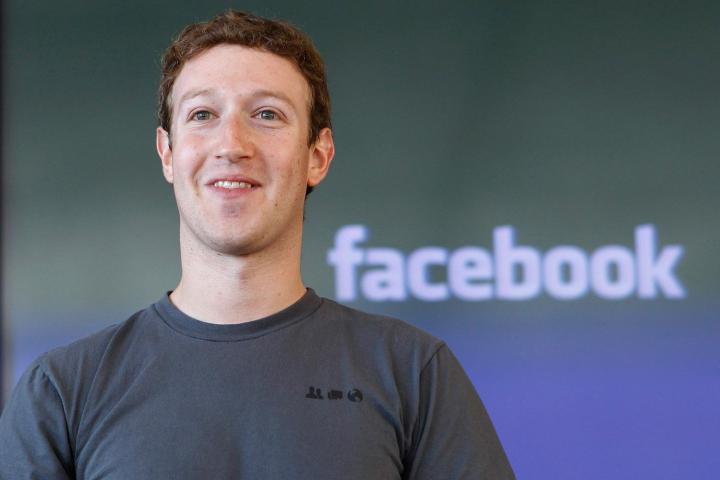
Facebook started out as an online directory of friends, a sort of digital yearbook. As the company added more features, it gave users more opportunities to tell stories about themselves and communicate with each other, bringing photo albums, status updates, and Wall Posts into the mix. With the debut of its Newsfeed, the company started treating these updates like items on a news ticker. And as more companies, brands, and news outlets joined the social network, the Newsfeed shifted from a log of updates about our friends’ lives into a mix of personal updates and links to outside content.
It’s no secret that Mark Zuckerberg wants to shift the focus of the Newsfeed onto third-party content: The Facebook CEO has publicly discussed his desire to turn Facebook into a “personalized newspaper.” And recent changes to the Newsfeed algorithm have been attempts to surface high-quality content and bury dumb memes and overplayed viral content.
But now Facebook’s efforts to curate good news are extending beyond algorithms and into humans. Sources close to the matter say Facebook is hiring editors for its upcoming “Paper” project, according to Re/code. These editors will choose the top stories to fill ten different news verticals, providing an expertly-curated news experience.
Paper, Facebook’s rumored standalone news app (which Facebook hasn’t actually confirmed as a thing that exists, so take this with a grain of salt), is thought to be a mobile-focused, Flipboard-style news reader set to debut later this year. And Re/code’s sources say Paper’s content will have editors to help bring the best, most relevant stories to the top.
It will be interesting to see how this compares (if the rumors are true) to Digg, the Internet news aggregator that made a big comeback in 2013. Digg relies on editors to curate its front page, just as Paper is apparently planning to do, and the Digg team does a remarkable job at siphoning through the noise and finding smart, fascinating pieces.
Editors' Recommendations
- Three reasons Facebook/Meta is shutting down its face recognition system
- Facebook reportedly has a Clubhouse clone in its sights
- Facebook won’t show health groups in its recommendations anymore
- Facebook says iOS 14’s new privacy tools could harm its ad business
- Facebook audit finds it’s not doing enough to protect civil rights


